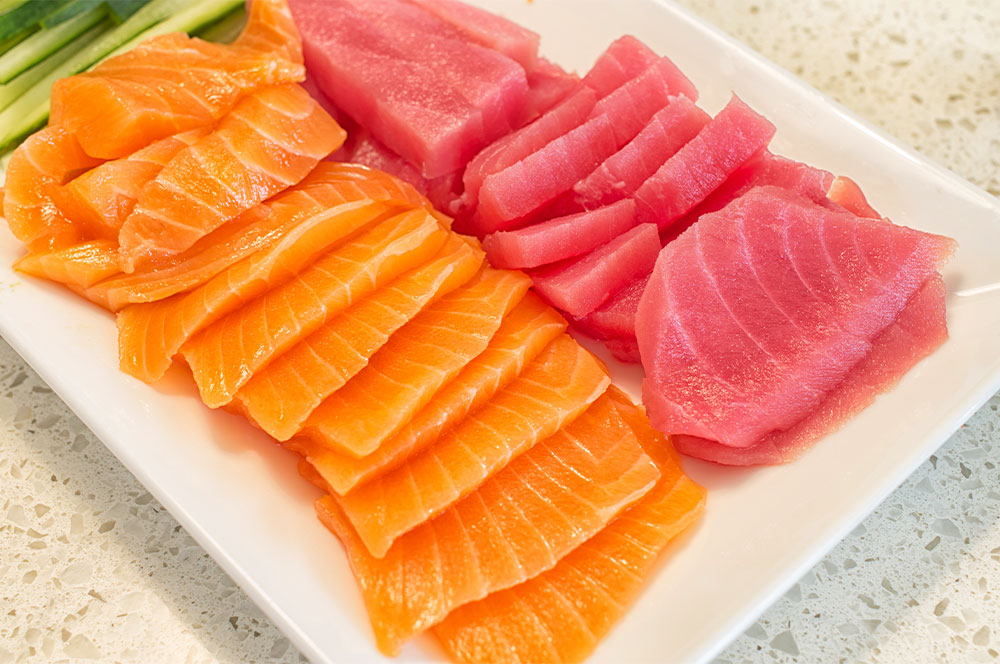3 different ways to manage eczema
Eczema is a severe, recurrent skin condition with painful flare-ups. The symptoms associated with atopic dermatitis can hinder one’s day-to-day routine. The limitations can cause a lot of stress and, in turn, increase the frequency of flare-ups. Major symptoms, such as oozing blisters and flaky skin, can lead to extreme itchiness, resulting in skin infections and mental distress. Given below are various treatment and remedial options that can help in managing eczema:

Treatment
- CIBINQO®
CIBINQO® is an oral solution that blocks the enzymes that trigger eczema symptoms. Doctors prescribe CIBINQO® to patients when topical treatment solutions do significantly improve the patient’s condition. - DUPIXENT®
DUPIXENT® is a prescription treatment option for people with moderate to severe eczema. It is available in the form of pre-filled syringes and belongs to the monoclonal class of treatment options. - RINVOQ®
RINVOQ® is an upadacitinib-containing treatment option given to moderate to severe eczema patients who fail to respond to other treatment options. - Apremilast (Otezla®)
It is mainly used for the treatment of mild to severe plaque psoriasis. However, some studies suggest that it may reduce itching and severity of atopic dermatitis symptoms in adults.
Foods to eat and avoid
Here are some foods to eat to manage eczema:
- Fish
Fish is known for its health benefits. Its omega-3 content is great for skin health. The consumption of fatty fish like salmon, tuna, and mackerel is ideal due to their richness in various amino acids, which are responsible for healthy cell creation. It locks in the skin’s moisture, preventing it from drying out. - Avocado
The high mono and polyunsaturated fatty acids help meet the body’s healthy fats requirements. These components help the skin by filling in as a natural moisturizer. Along with the vitamin E contained in avocado, that can be effective against skin aging signs.
The following foods should be avoided with eczema:
- Junk food
Junk food is a trigger for various health concerns and the symptoms associated with them, including eczema. These foods have preservatives, colors, additives, and other triggering ingredients that can lead to allergic reactions. - Processed meat
Deli meats are rich in saturated fats and nitrates that can lead to triggering eczema symptoms. It is advisable to avoid these foods or replace them with lean protein options like chicken and/or fish.
Lifestyle changes
Certain lifestyle changes that can help with better management of eczema include using cotton clothes or other natural fabrics that allow the skin to breathe freely. Shorter showers and baths can also help soothe the skin.















